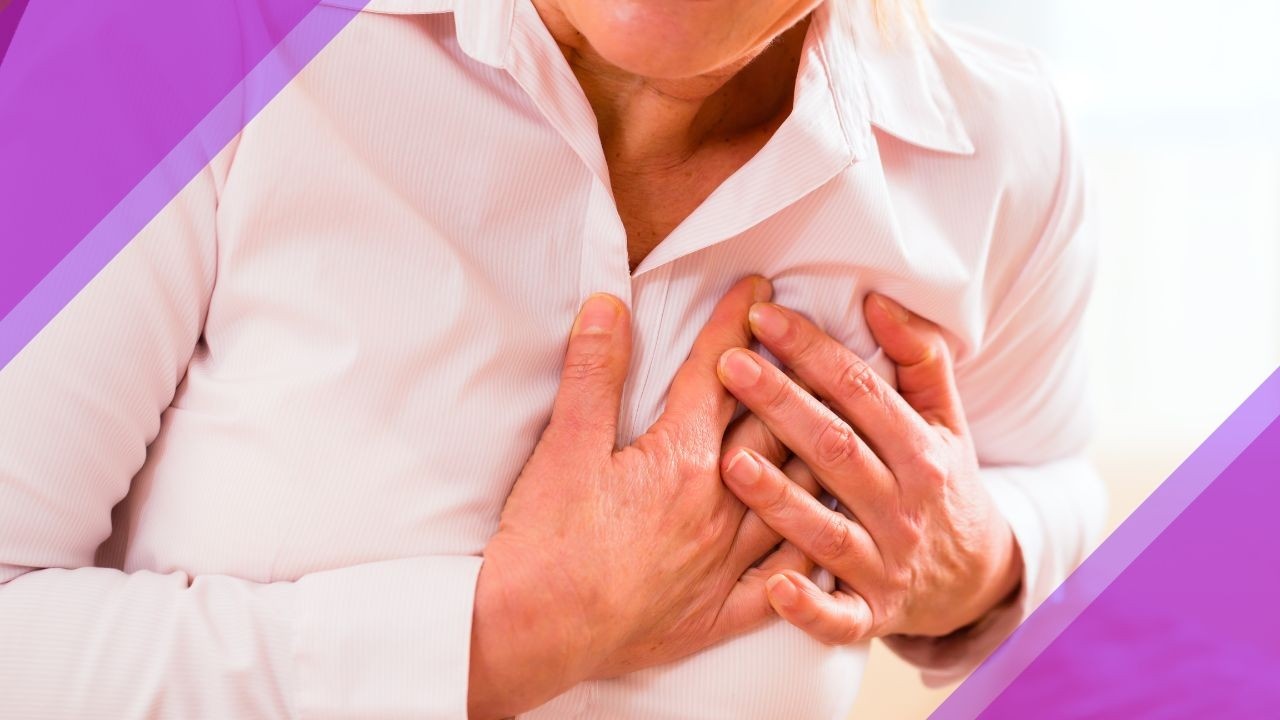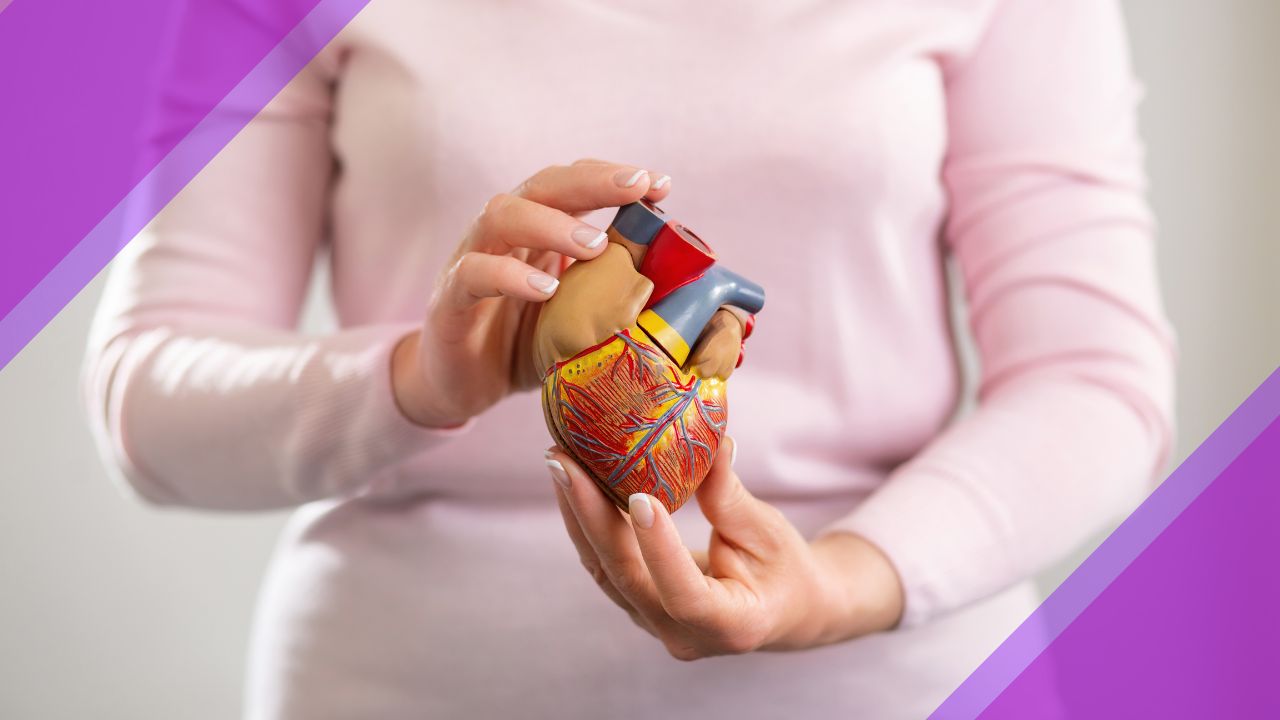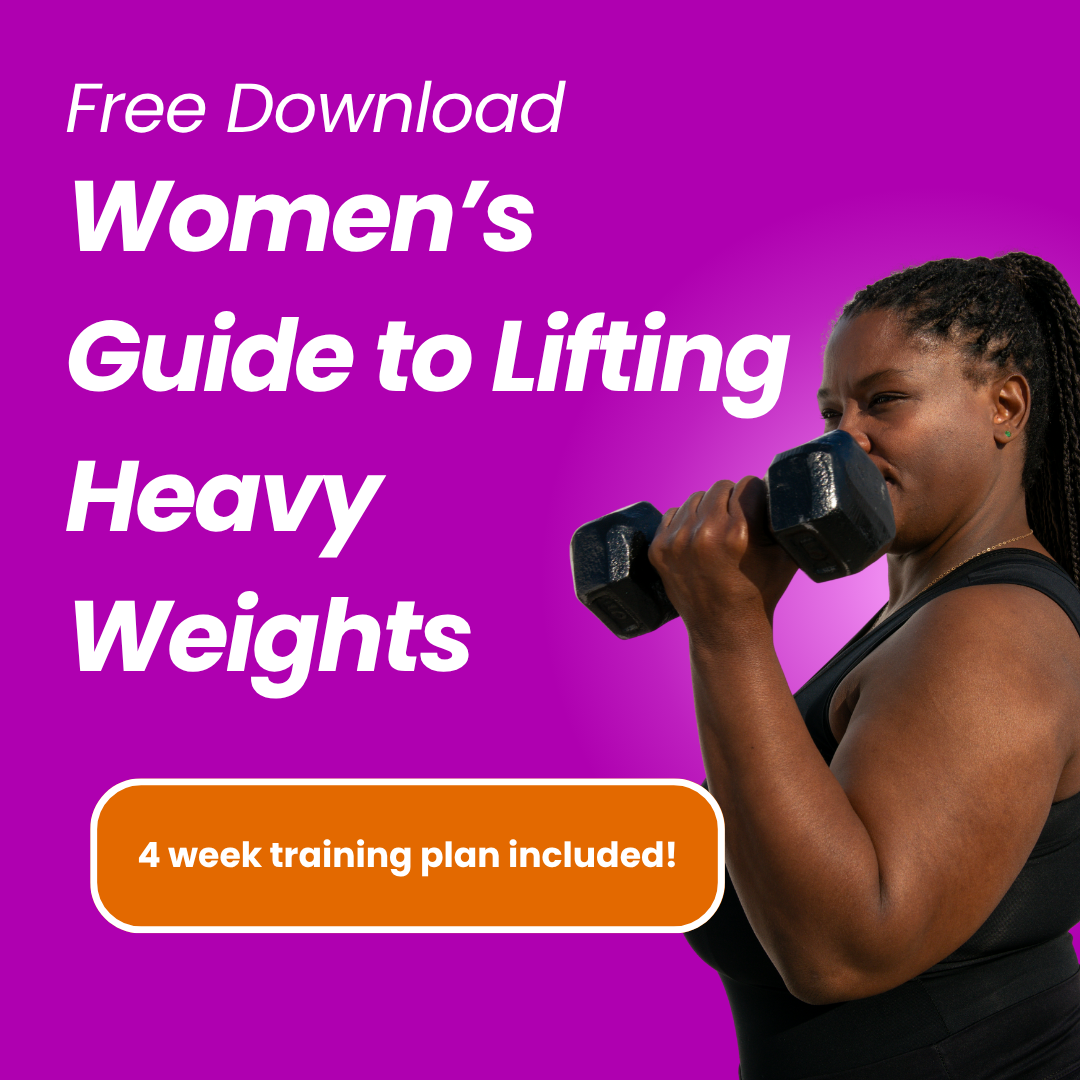
Hormone Therapy and Heart Disease Risk: Help Or Harm?
Jun 15, 2022Your "vascular age" is key.
By Selene Yeager
Hormone therapy will increase your risk of heart disease! You need hormone therapy if you want to avoid heart disease! Confusion whiplash, anyone? If and/or when to start menopausal hormone therapy (MHT) is a subject of ongoing research and debate. That’s especially true in the realm of heart disease.
Cardiologists have traditionally been averse to hormone therapy because of worries of increased risk for cardiovascular disease following the Women’s Health Initiative research of the early 2000s. Recent research has changed that perception. Now it’s become clear that when it comes to heart disease risk, timing matters. The 2020 Menopausal Hormone Therapy Guidelines concluded that for women starting therapy within 10 years of reaching menopause, heart disease risk trended downwards, but for women starting therapy more than 20 years after menopause, risk increases.
Why Timing Matters
What's so special about that 10-year window around menopause? You're less likely to already have early stages of heart disease, explained Dr. Avrum Bluming, who is a hematologist as well as an oncologist, during my interview with him and Carol Tavris, Ph.D., for episode 41 of Hit Play Not Pause Estrogen Matters.
“As we age, we all develop some level of atherosclerosis. Our blood vessels narrow and estrogen is like the glue that can cause platelets — small corks that circulate in the blood — to clump,” Bluming says. “When these clumped platelets enter an already narrowed blood vessel, it can cause a block and induce a heart attack or a stroke.”
This is also why estrogen can be protective when used earlier, he says. “Estrogen started relatively early, within that 10-year framework, prevents the blood vessels from narrowing and preserves the blood vessels’ ability to expand when necessary.”
Similarly, research shows that there’s no increased risk of stroke in women younger than 60 or who are fewer than 10 years from the start of menopause. MHT increases the risk of stroke in women older than 60, because of the risk of clotting.

Your Arteries May Be Younger Than Your "Birthday Age"
Here's an important factor that gets left out of the conversation for healthy active women: our chronological age does not necessarily match up with our vascular age. That is, we may benefit from MHT without the increased risk later in our menopause journey because our arteries may still be clear and compliant.
A 2021 study published in the journal, Menopause, shows that a woman’s “vascular age” is a better indicator of cardiovascular disease risk than her chronological age or years since menopause.
To reach this conclusion, researchers from the University of Oklahoma College of Medicine studied data from the above-mentioned Women’s Health Initiative, which included 27,347 postmenopausal women ages 50 to 79 who were enrolled from 1993 to 1998 across the United States; some received hormone therapy and some received a placebo. An enormous amount of data about the women’s overall health had been gathered when they enrolled in the WHI and over the 18 years, the study continued. In this particular study, the Oklahoman researchers dug into the data on the women who ended up with cardiovascular disease.
To examine that data, they used two different cardiovascular risk scoring systems. One system from the American Heart Association and American College of Cardiology, and the other was the Framingham Risk Score, both of which assess factors like age, race, total cholesterol, HDL cholesterol, blood pressure, use of blood pressure medication, diabetes, and smoking status.
In the end, they found that both cardiovascular risk scoring systems were a better predictor of cardiovascular disease than chronological age and years since menopause.
“What this study tells us is that we have to look at the true risk of cardiovascular disease independent of age,” study author Robert Wild, M.D., Ph.D., MPH, a physician-scientist at the University of Oklahoma College of Medicine said in a press release.
“Age certainly plays a role, but it is modified by other risk factors. We have to make individualized decisions instead of using a broad brushstroke,” Wild said in the release. “It’s important for our management of patients because it allows us to begin to quantify risk and refine it above and beyond a simple age estimate.”
Your doctor can help you determine your own vascular age. There are also some online tools, such as My Health Checkup that can give you an idea of where you stand based on a 5-minute survey about your lifestyle, blood pressure, blood lipid levels, and other heart health factors. (Of course, this does not replace your personal physician).
As you've likely heard, MHT is known to increase the risk of venous blood clots called thrombophlebitis. If you’re at an increased risk for blood clotting and interested in hormone therapy, talk to your doctor about transdermal hormone applications. Transdermal MHT does not increase the risk of blood clots. That’s because the liver increases the production of blood clotting factors when it processes estrogen. Transdermal hormone applications bypass the liver and go directly into the bloodstream.
Finally, it bears repeating that all of this science is still ongoing. Much of the confusion surrounds not only timing but also that the benefits and/or risks are also related to what type of MHT you take. As this 2021 study concluded: “Although HT continues to have an important role in menopause management, it is not recommended for primary or secondary CVD [cardiovascular disease] prevention. Different formulations, doses, and routes of delivery of HT have different effects on cardiometabolic markers and risks of clinical CVD events.”
The most important thing is for each of us to understand (as best we can as science evolves) the benefits and risks of our menopausal management strategies. These studies help us assess our risk based on our personal cardiovascular health profile, and knowledge, as they say, is power...or in this case, empowerment.
Get Feisty 40+ in Your Inbox
We hate SPAM. We will never sell your information, for any reason or send you emails that suck!


